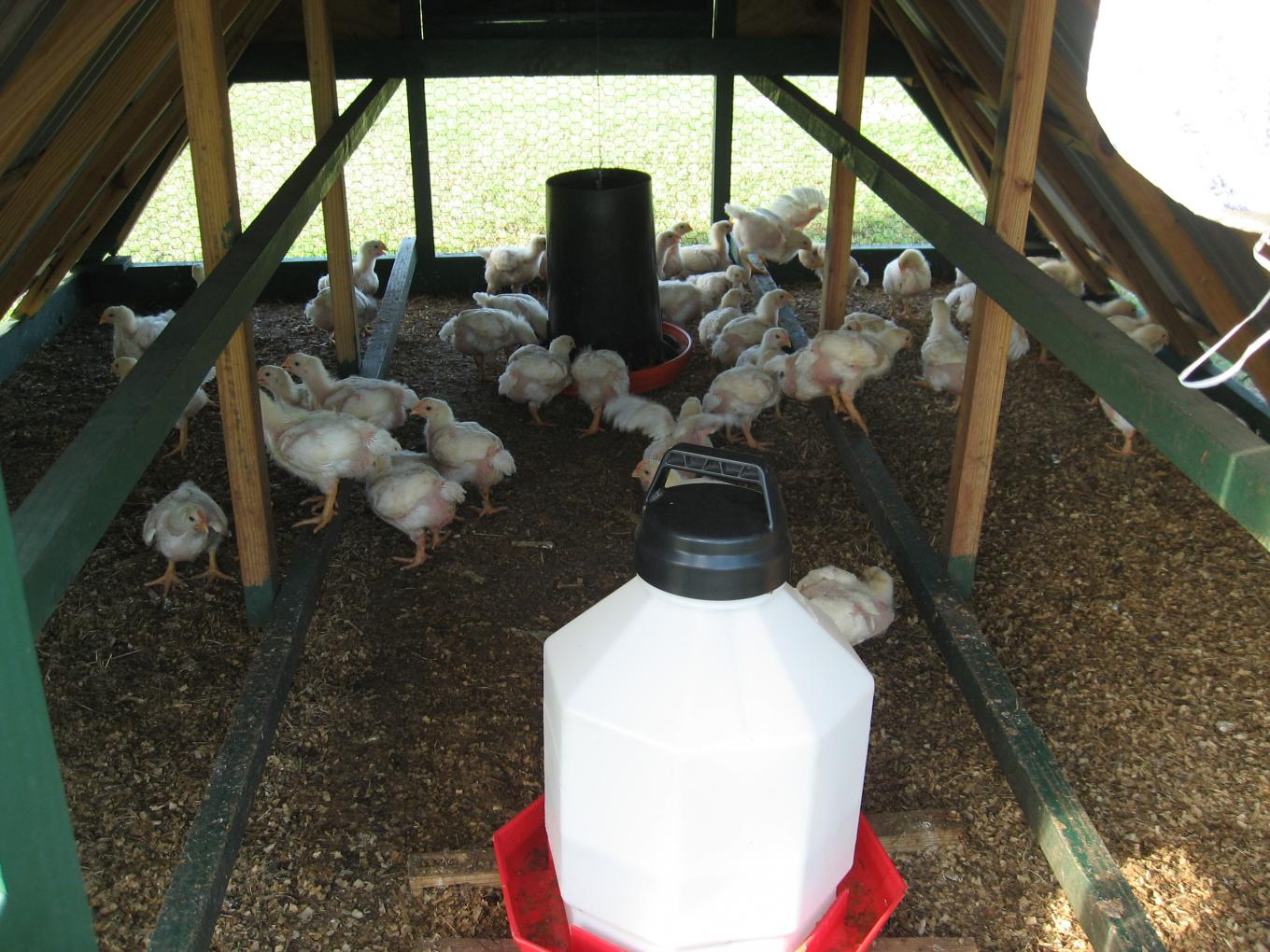Six organizations in Caribbean countries have taken a step forward in adapting to and mitigating the impacts of climate change, and are setting an example in each of their countries.

Six organizations in Caribbean countries have taken a step forward in adapting agriculture to, and mitigating the impacts of climate change in agriculture, and are setting an example in each of their countries. The Inter-American Institute for Cooperation on Agriculture (IICA) and its partners in the Caribbean Region, recently rewarded the positive contributions of these organizations to the environment and agriculture.
A competition entitled Climate Smart Agriculture: Stories from Farmers in the Eastern Caribbean States, which began in March 2016, culminated in August with recognition of a national winner from each country. The organizations recognized are:
All the success stories exemplify how the use of alternative agricultural practices and technologies can help make the Caribbean agricultural sector climate-smart and improve its ability to adapt to and become more resilient in the face of climate change. Find here the summary of the initiatives:
- Sir McChesney George Secondary School in Antigua and Barbuda
- National 4-H Local Leaders Association, a youth development organization in Dominica
- Grenada Organic Agriculture Movement
- New River Farmers’ Co-operative Society of Saint Kitts and Nevis
- Belle Vue Farmers’ Cooperative of Saint Lucia
- Richmond Vale Academy in Saint Vincent and the Grenadines.
All the success stories exemplify how the use of alternative agricultural practices and technologies can help make the Caribbean agricultural sector climate-smart and improve its ability to adapt to and become more resilient in the face of climate change.
Find here the summary of the initiatives:
Dominica – The Model 4-H Agricultural Project as a Training and Demonstration Centre for Young 4-H Clubites to Gain Practical Experience in Sustainable Agriculture and Contribute to the Conservation
St. Kitts and Nevis – Implementing an integrated approach to reduce the effects of drought on farming in the New River area.
St. Vincent and the Grenadines – A Brain-Stormed Organic Approach to Agriculture
St. Lucia – The path to sustainability and stability of growth in a changing climate (Video)
Grenada – Meeting the challenges of climate change in Grenada through organic agriculture (Video)
Antigua and Barbuda – Increasing agricultural productivity through the application of innovative technology to overcome drought and unpredictable climate conditions (Video)











